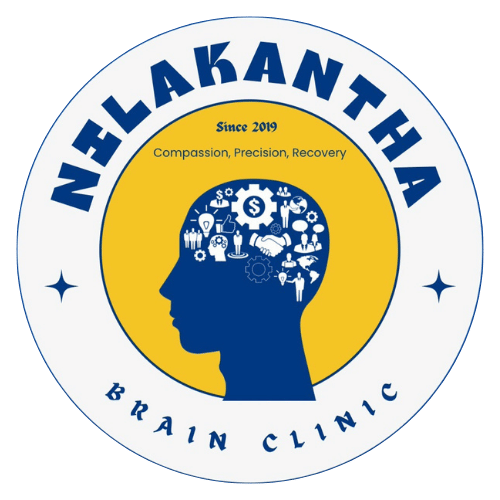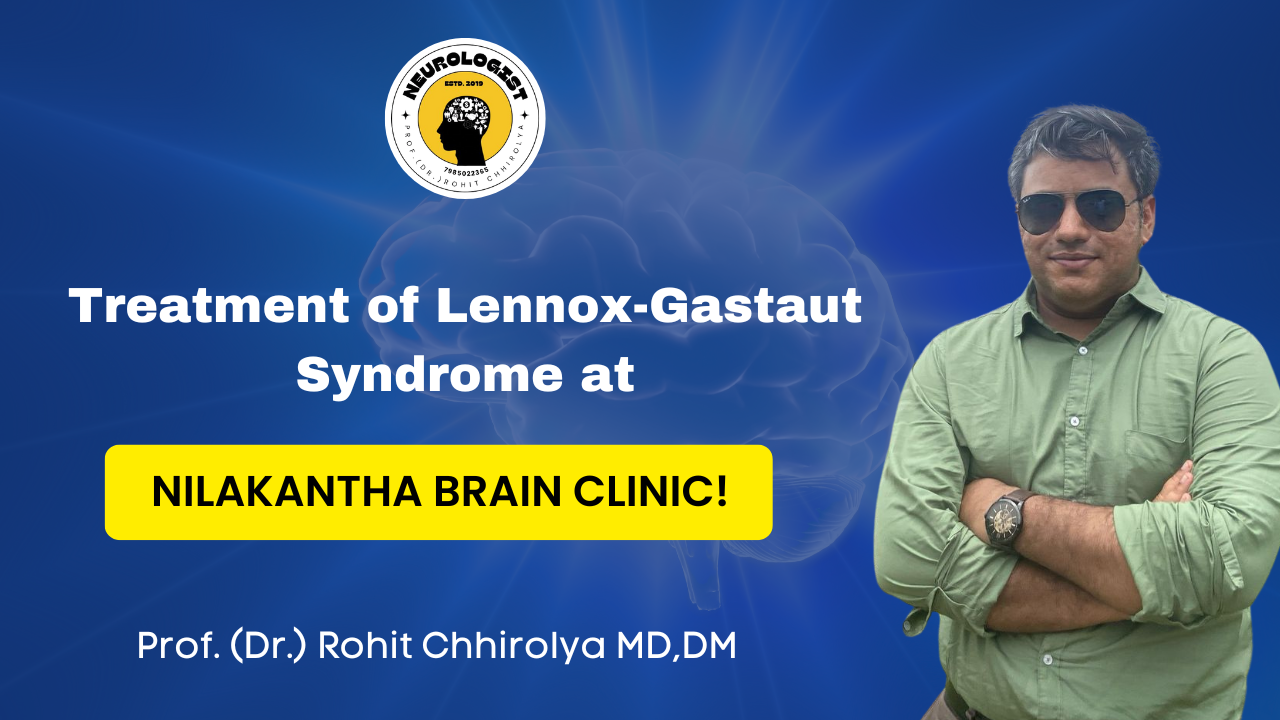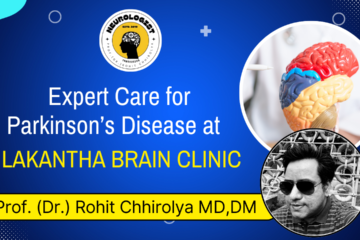Comprehensive Guide to Lennox-Gastaut Syndrome (LGS): Expert Care in Cuttack
Lennox-Gastaut syndrome (LGS) is a rare, severe form of childhood-onset epilepsy characterized by multiple seizure types, cognitive impairment, and significant challenges in management. Early intervention by the best neurologist in Cuttack is critical to improving quality of life. If you’re searching for a neuro doctor near me or a trusted neurology doctor in Cuttack, this guide explores LGS, advanced treatments, and why Nilakantha Brain Clinic excels in neurology care.
Table of Contents
- Understanding Lennox-Gastaut Syndrome
- Symptoms and Challenges
- Causes and Risk Factors
- Diagnostic Process
- Advanced Treatment Options
- Why Choose Nilakantha Brain Clinic?
- Finding the Right Neurologist
- Living with LGS: Practical Strategies
- FAQs: Addressing Common Concerns
- Research and Future Therapies
- Patient Success Stories
- Schedule Your Consultation
1. Understanding Lennox-Gastaut Syndrome
Lennox-Gastaut Syndrome (LGS) is a rare, severe form of childhood-onset epilepsy affecting 1–2% of children with epilepsy, typically emerging between ages 2–6. Classified as an epileptic encephalopathy, LGS disrupts brain development, leading to:
- Multiple seizure types (tonic, atonic, myoclonic, atypical absence)
- Cognitive impairment (IQ <70 in 75% of cases)
- Resistance to anti-seizure medications
Key Statistics:
- Prevalence: 0.1–0.28 per 1,000 children
- 3–7% of childhood epilepsies
- Higher incidence in children with prior infantile spasms
Early intervention by the best neurologist in Cuttack is critical to mitigate developmental delays and reduce mortality risks like SUDEP (Sudden Unexpected Death in Epilepsy).
2. Symptoms and Challenges
Seizure Types
- Tonic Seizures:
- Sudden stiffening of limbs/trunk (common during sleep)
- Duration: 10–60 seconds
- Atonic Seizures (“Drop Attacks”):
- Sudden loss of muscle tone, causing falls
- High risk of head injuries (helmets recommended)
- Atypical Absence Seizures:
- Staring spells with subtle eye blinking or lip-smacking
- Duration: 5–30 seconds
Developmental and Behavioral Challenges
- Cognitive Delays: Difficulty with memory, problem-solving, and language
- Behavioral Issues: ADHD, aggression, or autism-like traits
- Learning Disabilities: Require specialized educational support
Early evaluation by a neurology doctor in Cuttack is vital to mitigate risks like injuries or SUDEP (Sudden Unexpected Death in Epilepsy).
3. Causes and Risk Factors
- Symptomatic Causes (70%):
- Brain injuries (e.g., hypoxia, trauma)
- Genetic disorders (e.g., tuberous sclerosis, Down syndrome)
- Prenatal infections (e.g., meningitis, encephalitis)
- Cryptogenic Causes (30%): Unknown origin
Risk Factors:
- History of infantile spasms
- Family history of epilepsy
- Structural brain abnormalities
4. Diagnostic Process
- Clinical Evaluation:
- Detailed seizure diary (frequency, triggers, duration)
- Developmental and behavioral assessments
- EEG Findings:
- Slow spike-and-wave patterns (<2.5 Hz)
- Paroxysmal fast activity during sleep
- Neuroimaging:
- MRI: Identifies cortical dysplasia, atrophy, or lesions
- CT: Rules out tumors or hemorrhages
- Genetic Testing:
- Whole-exome sequencing for mutations (e.g., SCN1A, STXBP1)
At Nilakantha Brain Clinic, the best neurology specialist in Cuttack utilizes 3T MRI and advanced EEG monitoring for precise diagnosis.
5. Advanced Treatment Options
Medications
- First-Line: Valproate (20–60 mg/kg/day), Clobazam (0.5–1 mg/kg/day)
- Newer Agents:
- Cannabidiol (Epidiolex®): Reduces seizures by 40–50%
- Fenfluramine: Targets serotonin receptors (50% responder rate)
- Avoid: Carbamazepine (may worsen seizures)
Non-Pharmacological Therapies
- Ketogenic Diet: 45–50% seizure reduction with 4:1 fat-to-carb ratio
- Vagus Nerve Stimulation (VNS): 50–60% efficacy over 12–18 months
- Corpus Callosotomy: Reduces drop attacks by 70–80%
Supportive Care
- Physical Therapy: Improves mobility and coordination
- Behavioral Therapy: Manages ADHD and anxiety
6. Why Choose Nilakantha Brain Clinic?
- Expert Leadership: Dr. Rohit Chhirolya, DM Neurologist, with 15+ years in pediatric epilepsy
- State-of-the-Art Technology:
- Video EEG monitoring
- Genetic testing labs
- VNS implantation services
- Multidisciplinary Care: Collaboration with dietitians, therapists, and educators
Awards:
- Best Pediatric Neurology Clinic in Odisha (2023)
7. Finding the Right Neurologist
Checklist for Parents:
- Board certification in pediatric neurology
- Experience with LGS cases
- Access to advanced diagnostics (EEG, MRI)
- Patient testimonials (e.g., seizure reduction success)
Questions to Ask:
- “What’s your approach to medication-resistant seizures?”
- “Do you offer dietary therapy support?”
8. Living with Lennox-Gastaut Syndrome: Practical Strategies
- Seizure Safety:
- Use padded flooring and seizure alarms
- Create a Seizure Response Plan for schools
- Educational Support:
- IEP (Individualized Education Program) for learning needs
- Community Resources:
- Join NHPians on Facebook for caregiver support
For resources, follow Dr. Chhirolya on Instagram and YouTube.
9. FAQs
Q: Can LGS be cured?
A: While incurable, 30–40% achieve significant seizure reduction with tailored therapies.
Q: What’s the life expectancy?
A: With proper care, many live into adulthood, though SUDEP remains a risk (5–10%).
Q: How do I manage daily medications?
A: Use pill organizers and smartphone reminders for consistency.
10. Research and Future Therapies
- Gene Therapy: Targeting SCN1A mutations
- Neurostimulation Devices: Responsive neurostimulation (RNS) trials
- Cannabinoid Research: Optimizing CBD formulations
11. Patient Success Stories
Case 1:
Rahul, 8 years old: Reduced tonic seizures by 70% with Clobazam and ketogenic diet.
Case 2:
Priya, 6 years old: VNS therapy eliminated drop attacks, improving school participation.
12. Schedule Your Consultation
Don’t navigate Lennox-Gastaut Syndrome alone. Trust Dr. Rohit Chhirolya, the top neurologist in Cuttack, for expert care:
- Call: 7985022365
- Visit: Nilakantha Brain Clinic
- Follow on Social Media: Instagram | YouTube
.Lennox-Gastaut syndrome demands specialized care from the best neurology specialist in Cuttack. Whether you need advanced diagnostics, medication adjustments, or surgical options, Nilakantha Brain Clinic provides hope and comprehensive care. Take the first step—call 7985022365 or visit their website today.



